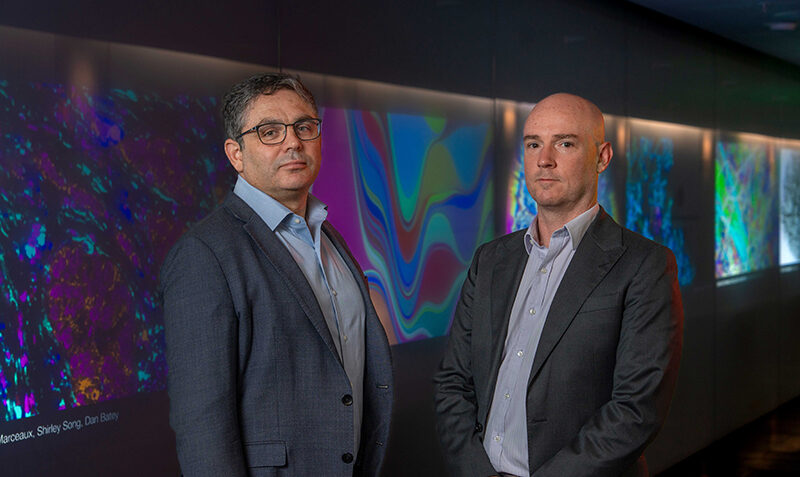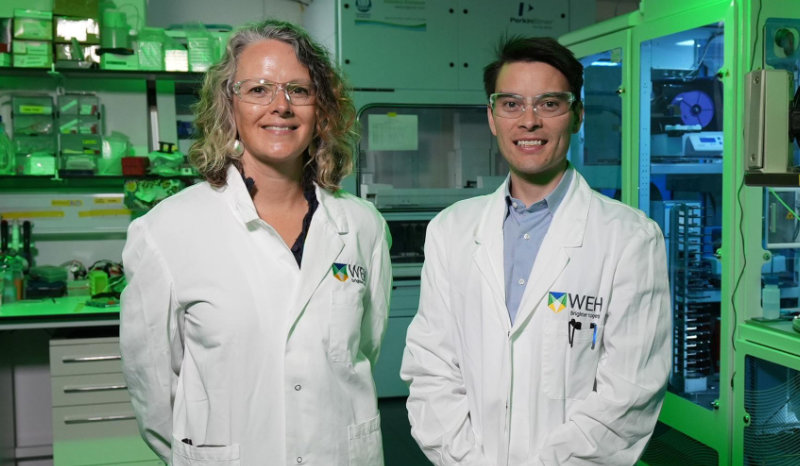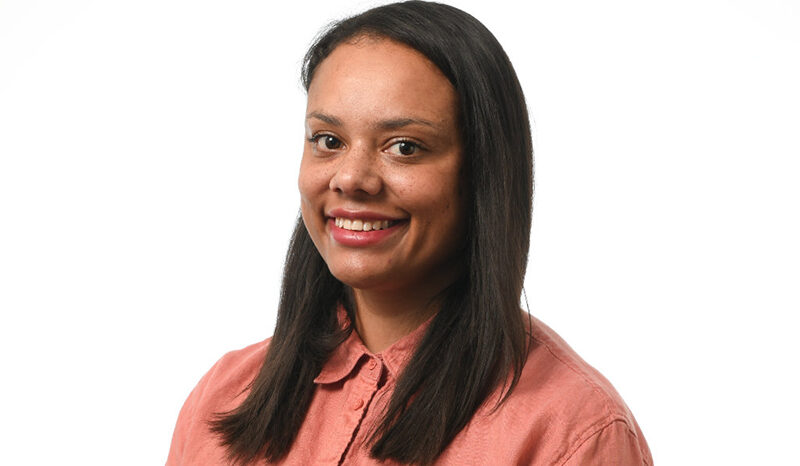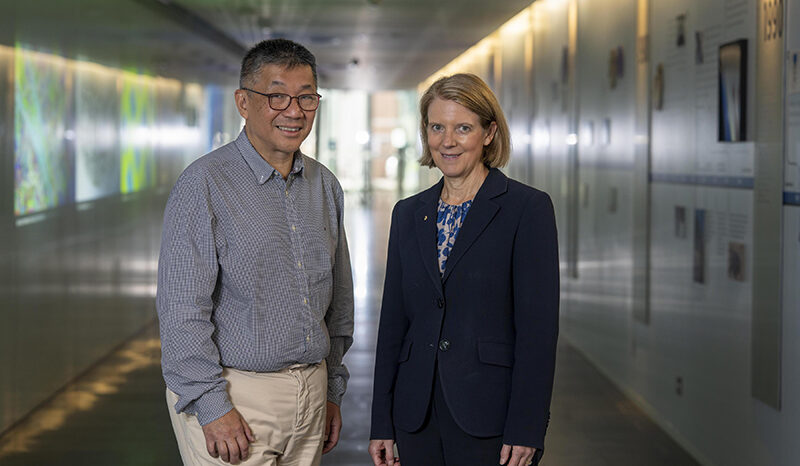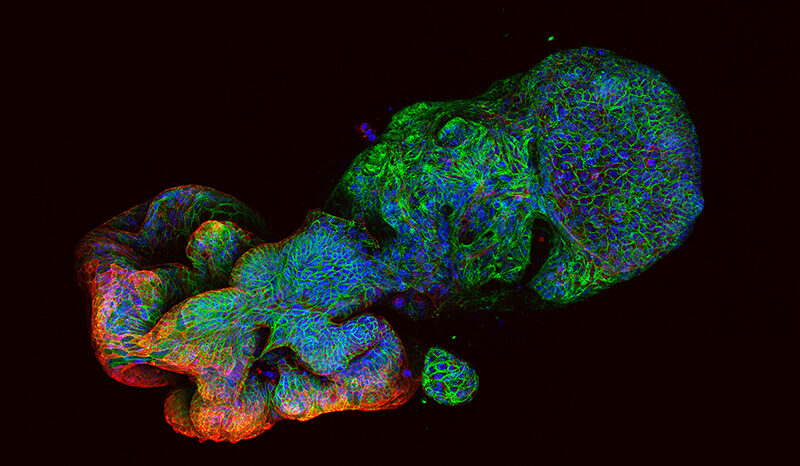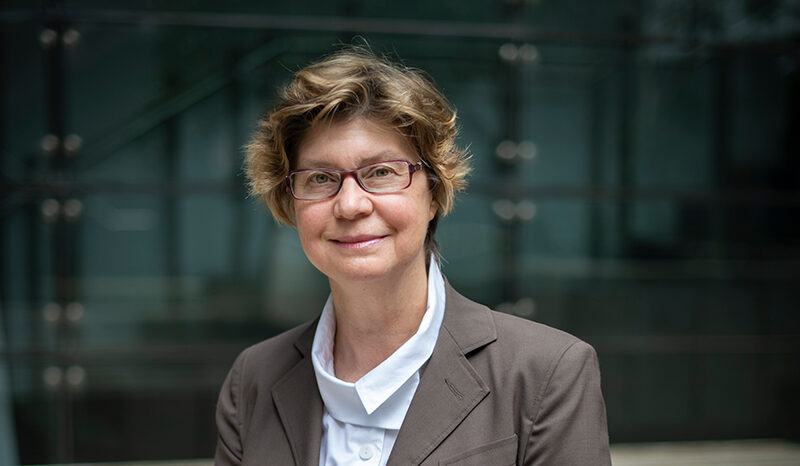The new leadership team will fuse their wealth of expertise in the areas of spatial biology and clinical practice to deliver on the centre’s core goal of enhancing personalised care for the millions of Australians who live with inflammatory diseases.
The centre combines WEHI’s nation-leading, comprehensive suite of spatial biology technologies with the RMH’s clinical capabilities to improve precision medicine and outcomes for people living with inflammatory disease. About 1 in 10 Australians have a chronic inflammatory disease, like rheumatoid arthritis and lupus.
Assoc Prof Hawkins is an expert in spatial omics, the technology that will be a major focus of the centre’s work and will underpin the diagnostic tests that the centre develops.
Dr Christie will leverage his clinical experience and exemplary skills as an anatomical and molecular pathologist to help catalyse the translation of research findings to diagnostic tests.
WEHI director Professor Ken Smith said: “These outstanding leaders bring complementary research and clinical skills that will accelerate progress towards the centre’s discovery research and its clinical deliverables.”
Professor Shelley Dolan, Chief Executive at the RMH said: “Associate Professor Hawkins and Dr Christie are highly talented individuals who together, will ensure the centre is in the best position to deliver important outcomes that could transform the lives of millions of Australians – from both a clinical and scientific standpoint.”
The centre builds on the foundations of the Colonial Foundation Healthy Ageing Centre (CFHAC), established by WEHI, the RMH and the Colonial Foundation in 2019.
The CFHAC’s achievements include building the world’s largest dataset of proteomics, or protein-focused analysis, of clinical samples of diseases related to ageing, and discovering a potential new blood test for early-stage dementia.
The Colonial Foundation Diagnostics Centre hopes to discover new biomarkers of disease, equip doctors with the best information available, and make it more likely that more accurate results can be derived from a single test – delivering tailored treatments to patients, faster.
The centre will also harness rapid advances in artificial intelligence and machine learning to quickly process and learn from the large datasets generated.
It’s hoped that diagnoses that would have required extensive and invasive clinical testing – over days, weeks, even months – will be possible in a fraction of the time and with limited intervention, accelerating the journey from disease discovery to treatment.
—
Header image: Dr Michael Christie (left) and Associate Professor Edwin Hawkins (right)



